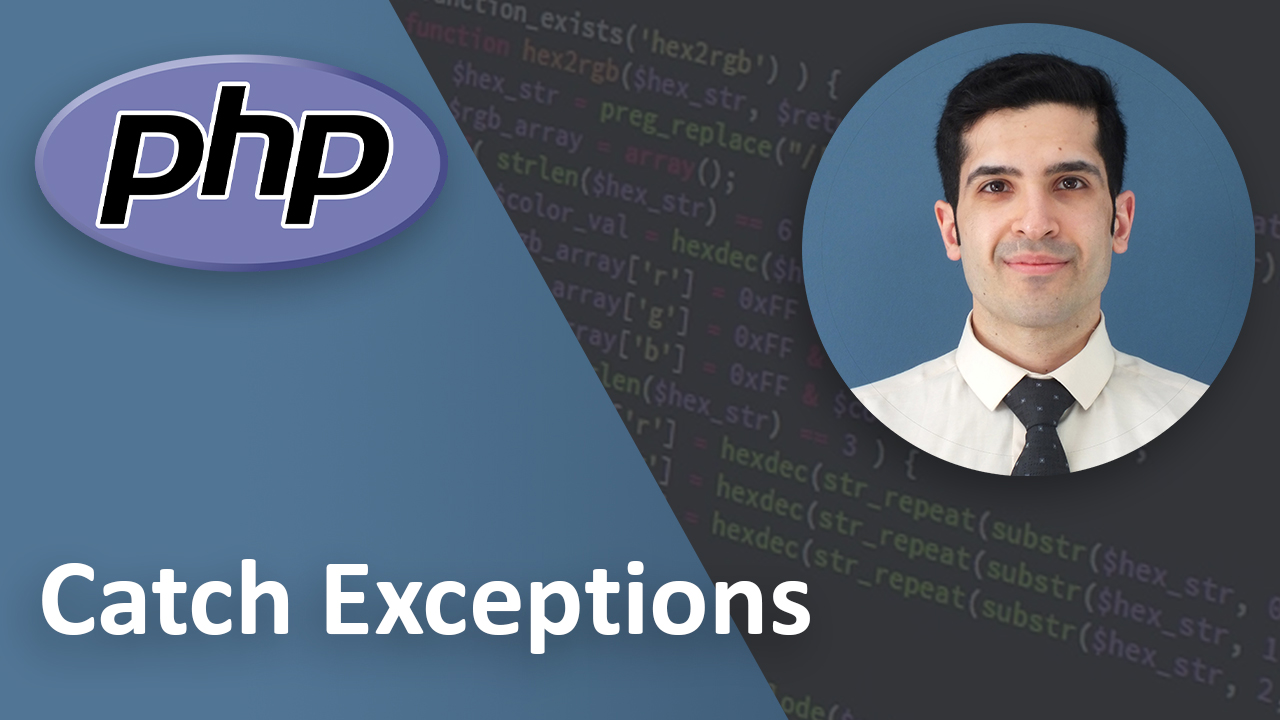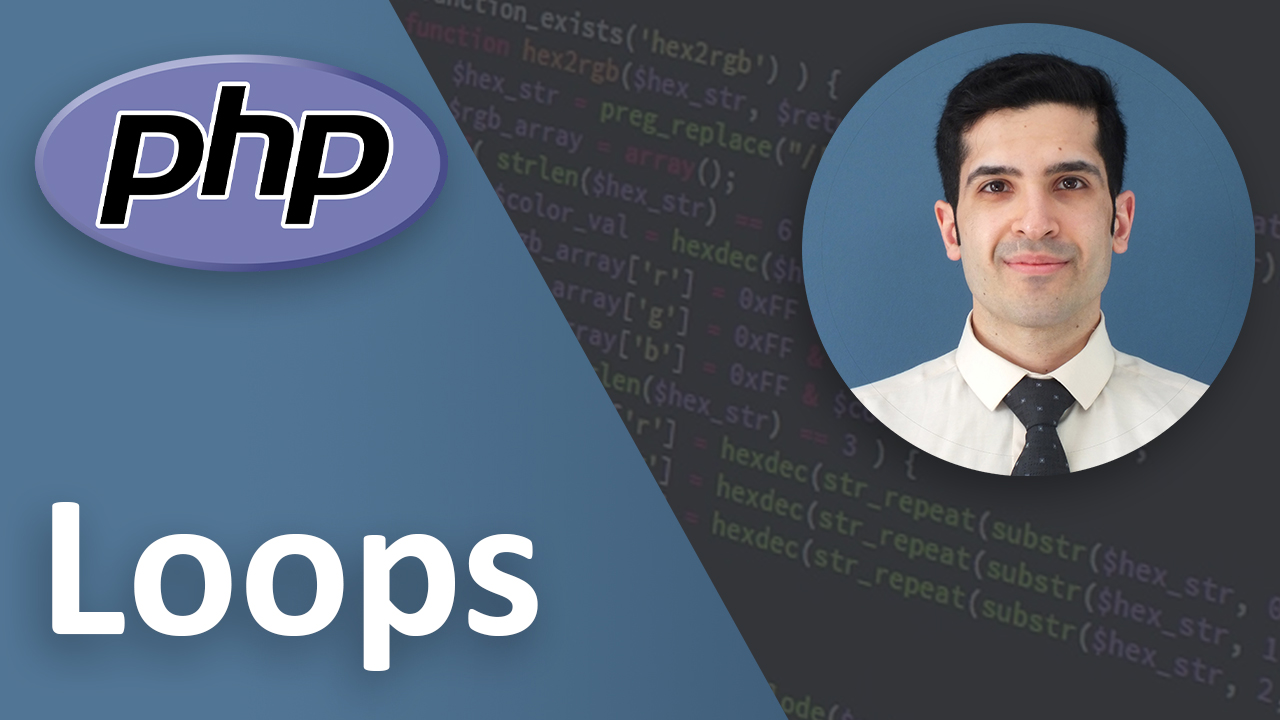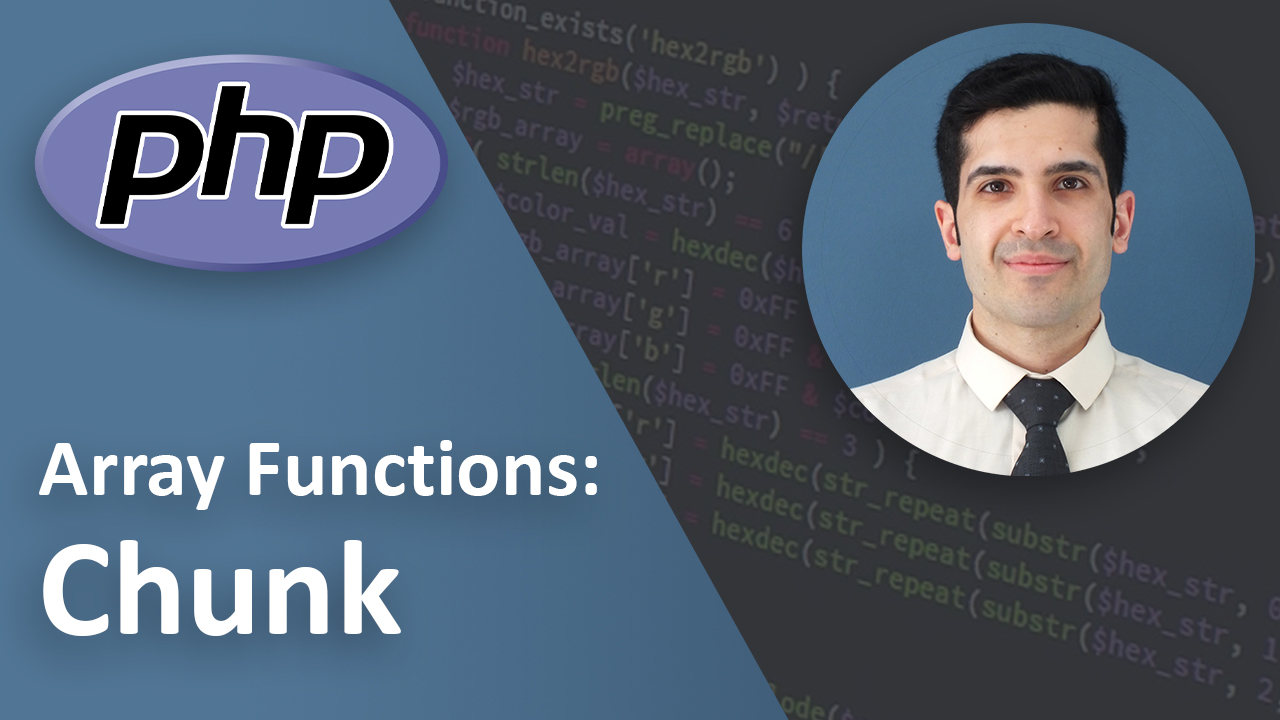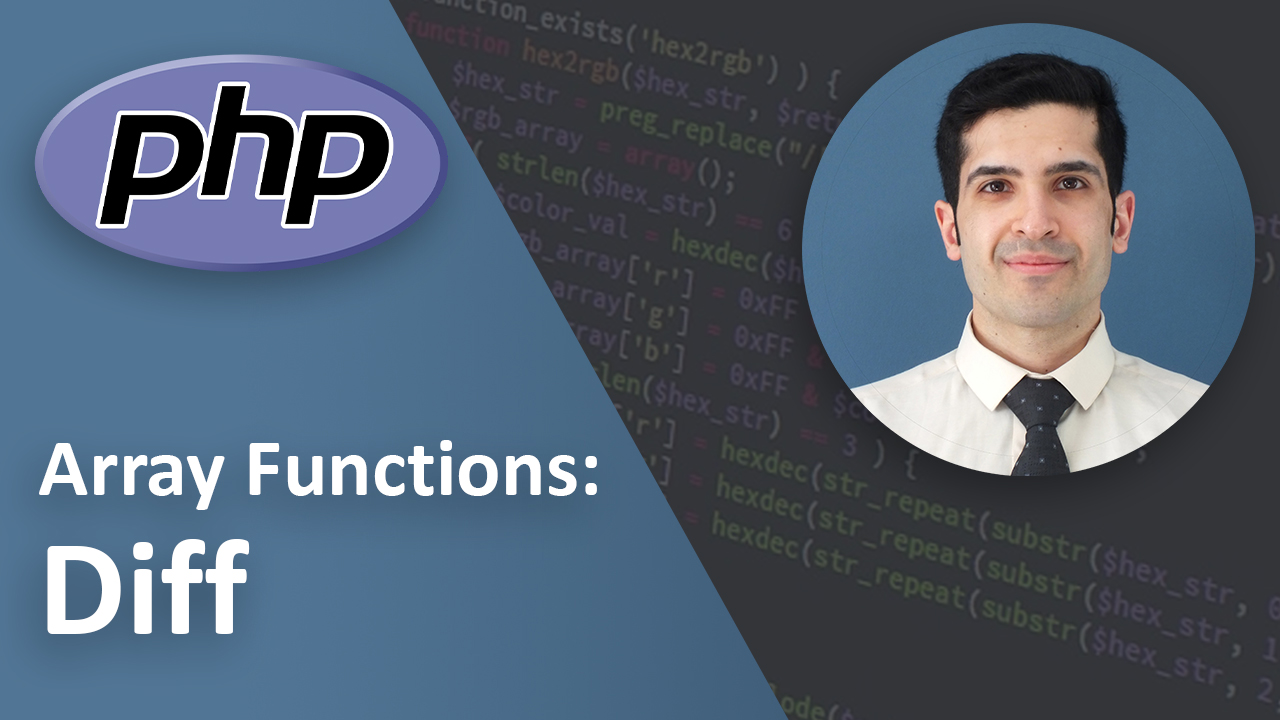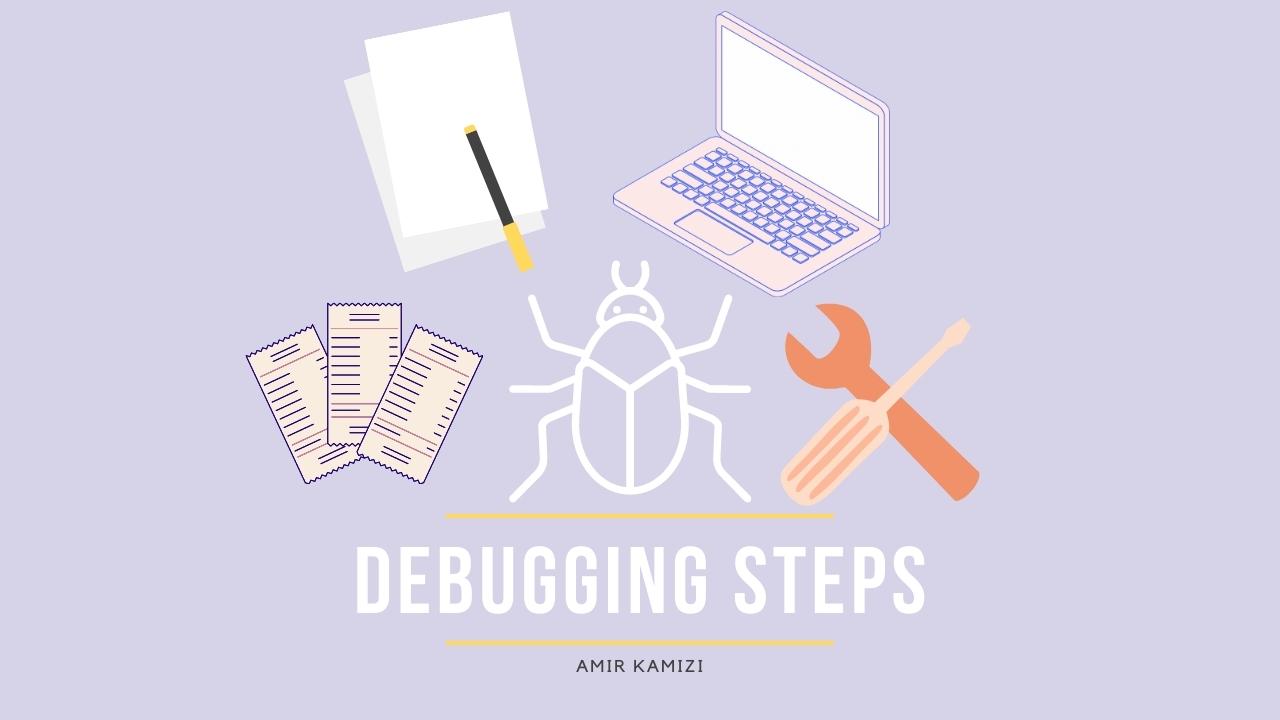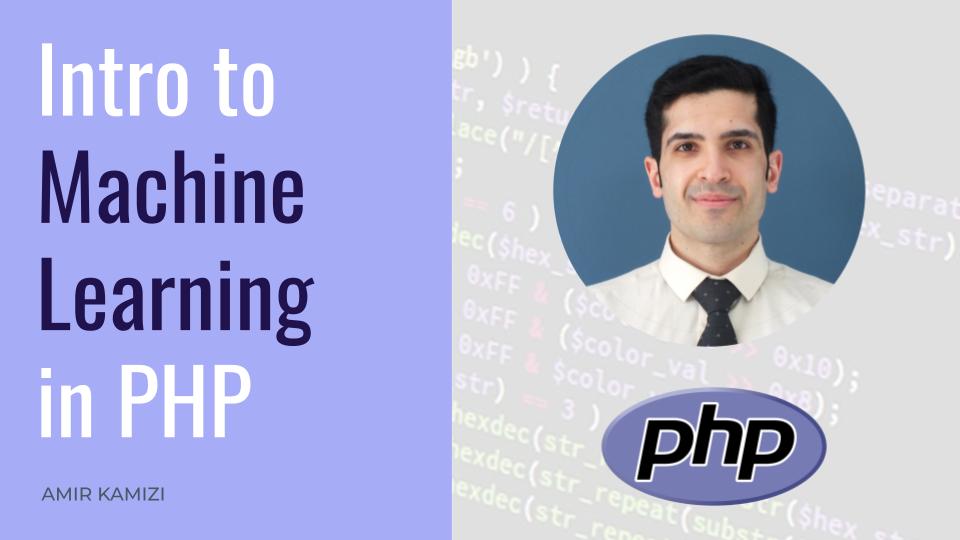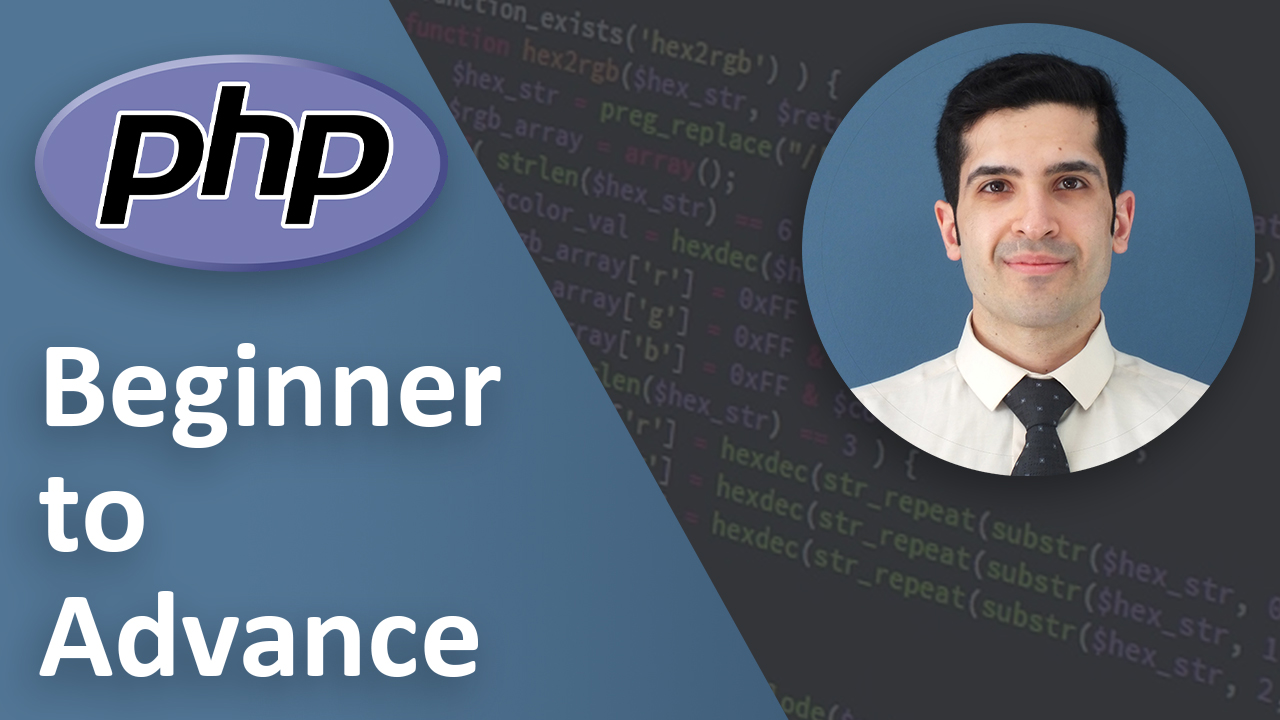PHP catch exceptions
Last Updated on Feb 14, 2023
Most of the time in your script you might face some exceptions, especially when you are handling unknown files or user inputs.
So today we are going to learn how to catch those exceptions.
In PHP the structure for catching exception is like this:
try {
// your code here
} catch(Exception $e) {
// what to do if there was an exception
}
We write the code in the try part. And in the catch part we tell php what to do if there was an exception
Catch accepts the type of exception you want to catch. In the above example we use Exception to accept all the exceptions and we tell PHP to store the exception (whatever it was) in the $e variable. (or you can name it whatever you want)
You can catch multiple exceptions by using multiple catches
For example
try {
// your code here
} catch(Exception $e) {
// what to do if there was an exception
} catch(ArithmeticError $e) {
// what to do if there was an arithmetic error
}
Or you can use throwable to catch everything (all the exceptions and errors)
try {
// your code here
} catch(Throwable $th) {
// what to do if there was an exception or an error
}
Now let’s see an example
try {
$x = 10;
$x->getName();
} catch (Throwable $e) {
echo 'x is not an object';
}
We can throw an exception ourselves by doing this
throw new Exception(message,code,previous)
Message: is the error message
Code: is the error code
Previous: is the previous throwable, you can use this is you want to chain the errors together
In the catch part we tell php to store the error or exception in the $e variable. The $e variable is an object and we can get very useful information from it, like the file or line that causes the error, error message and error code
Let’s see an example
try {
$x = 10;
if ($x > 7) {
throw new Exception("x is too big", 70);
}
} catch (Throwable $th) {
$th->getLine();
$th->getMessage();
$th->getCode();
$th->getFile();
}
// 5
// x is too big
// 70
// C:\xampp\htdocs\examples\index.php
Handling the errors and exceptions that might be thrown during your code is very important. And now you know how to do it. Isn’t it great?
Conclusion
Now you know about handling exceptions and errors in PHP.
I recommend you to open a PHP files and try to catch different types of errors and exceptions. try to throw exceptions and write your own message.
If you have any suggestions, questions, or opinions, please contact me. I’m looking forward to hearing from you!
Key takeaways
- try catch
- catch exceptions
- catch errors
- throw exceptions
- throwable
